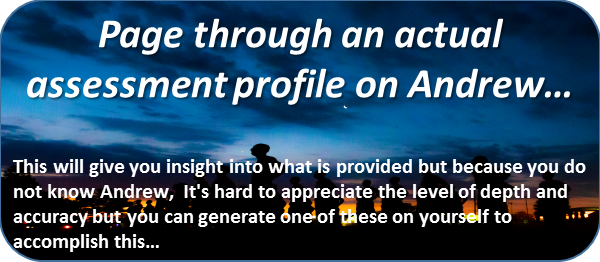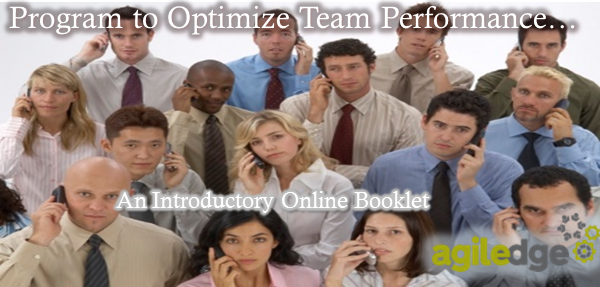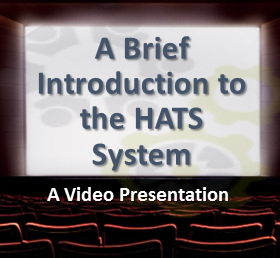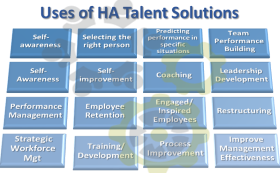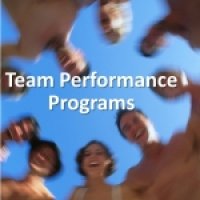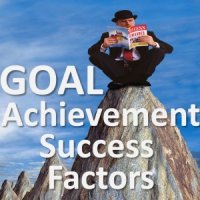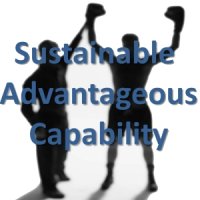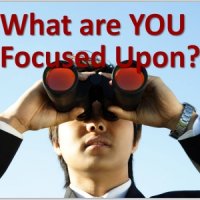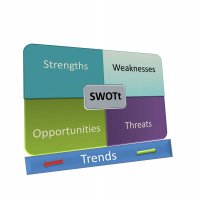Today, I attended the Wall Street Journal series of events entitled How I Built It. As a follow-on to their ongoing column where they profile entrepreneurs who have built successful enterprises, they are doing a small "nationwide" tour where their small business editor (and the audience) interviews a group of 6 of these folks in an attempt to better understand their experiences, success models etc…
At today's even t(3/31/11), attendees included the founders/co-founders from the following firms: Popchips, One Kings Lane, Thrillist.com, Ouidad and Reef.
When asked by a WSJ reader (connected online to the event), what their biggest mistake was, a variety of responses ensued. These included being away from the business too much at the onset, listening to advice from the wrong people and spending on the wrong things (large advertising campaigns…). One interesting result of this discussion, was evolution in their discussion to the issue of people selection decisions. That is, they expressed regret at both not spending sufficient time, money or intellect on the people selection process and then at not pulling the plug and firing people who didn't work out. These are also commonly expressed sentiments with corporate general managers in looking back at what worked or didn't work. Predictably, this same issue popped up later when a local audience member asked about the importance of the culture of the organization.
The focus of this ongoing discussion is optimizing people in organizations and it's obvious that, to do that, a key element is having the right people at the onset and making the right decision each time that decision needs to be made. In general, the field of human resources has been much more of an art than a science - not so much in the opinion of so-called HR practitioners but certainly in our judgment. In the case of deciding what people to bring on board and to be able to actually predict their performance, in the last decade, increasingly the tools exist to make this much more of a certain science. This implies that entrepreneurs and corporate managers alike can avoid many of the common regrets and huge costs associated with picking the wrong people. How? By adding the use of statistically validated assessments based in behavioral science to the selection process. Through the study of tens of thousands of high, average and low performers in dozens of common job types using the result of a behavioral assessment that accurately profiles a person's natural tendencies, interests, motivations, task preferences - key elements that underlie performance in specific jobs, entrepreneurs and corporate managers now have a cost effective reliable decision support tool that can greatly improve their people performance eliminate the regrets discussed above.
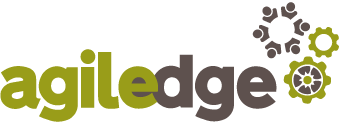



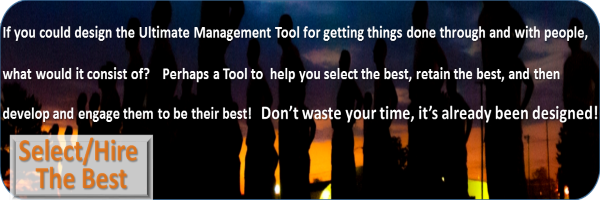
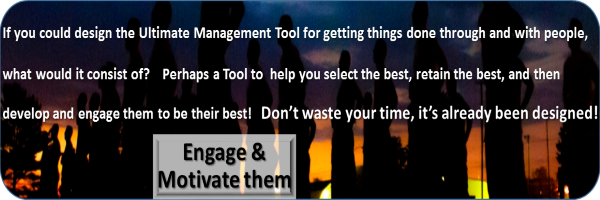
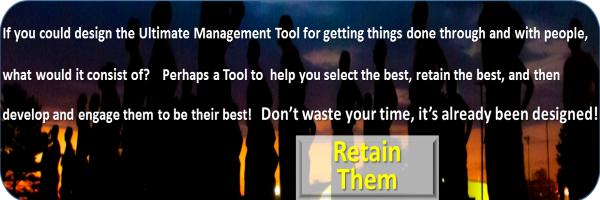
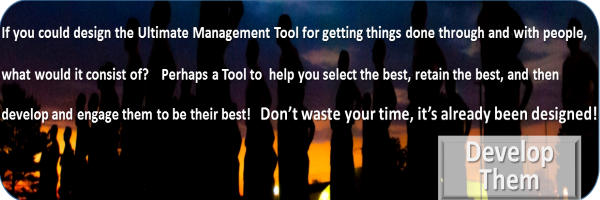
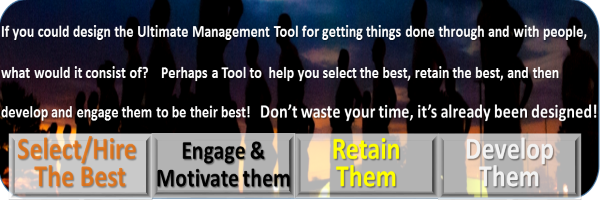
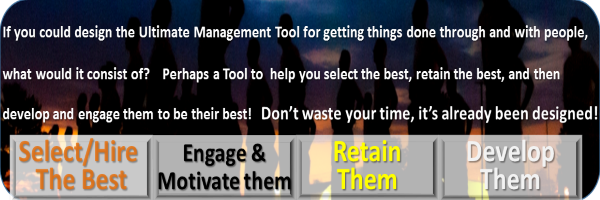

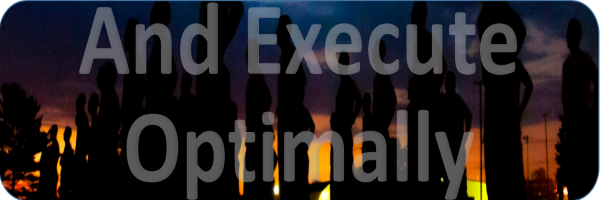
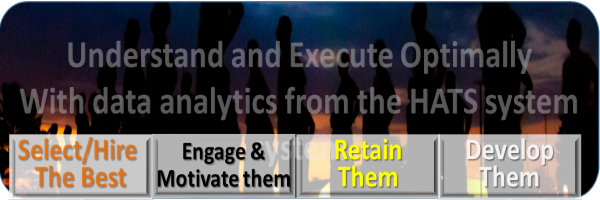
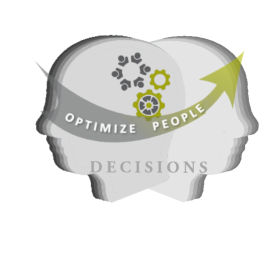




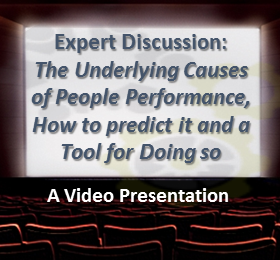

 One of the most difficult challenges managers face is choosing the right people and understanding how to get them to perform at their best. During the last 12 years of our experience, we have found no other tool except the Harrison Assessment that enables this kind of capability with incredible accuracy and insight.
One of the most difficult challenges managers face is choosing the right people and understanding how to get them to perform at their best. During the last 12 years of our experience, we have found no other tool except the Harrison Assessment that enables this kind of capability with incredible accuracy and insight.